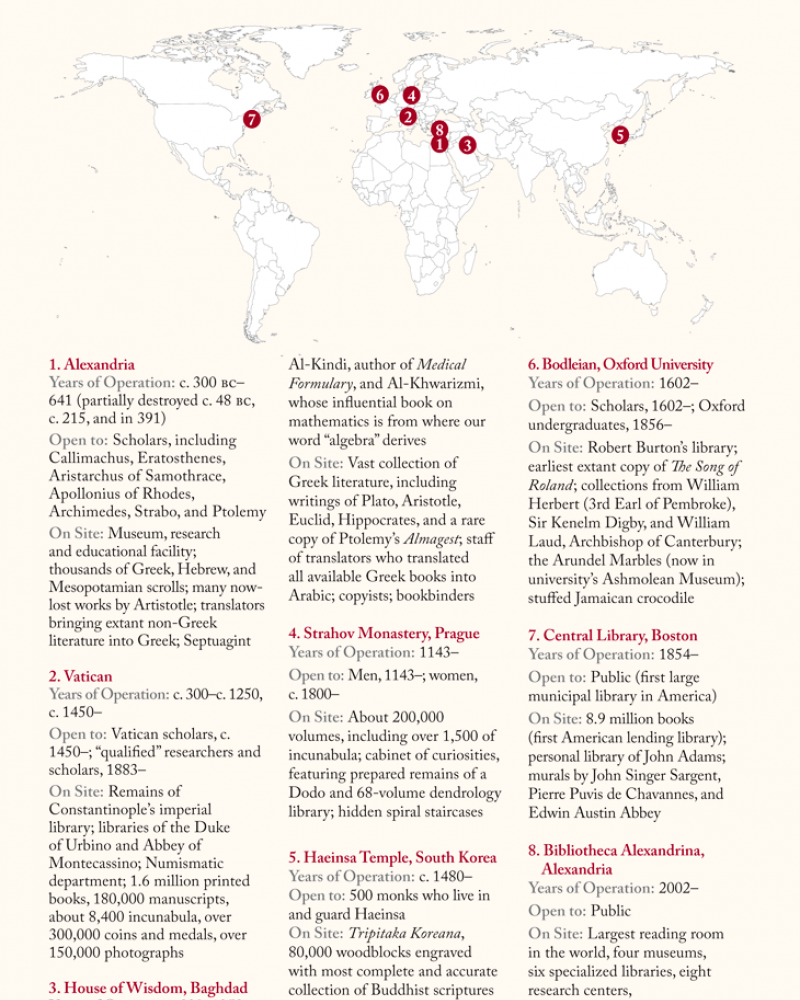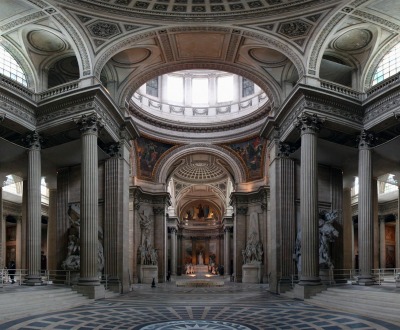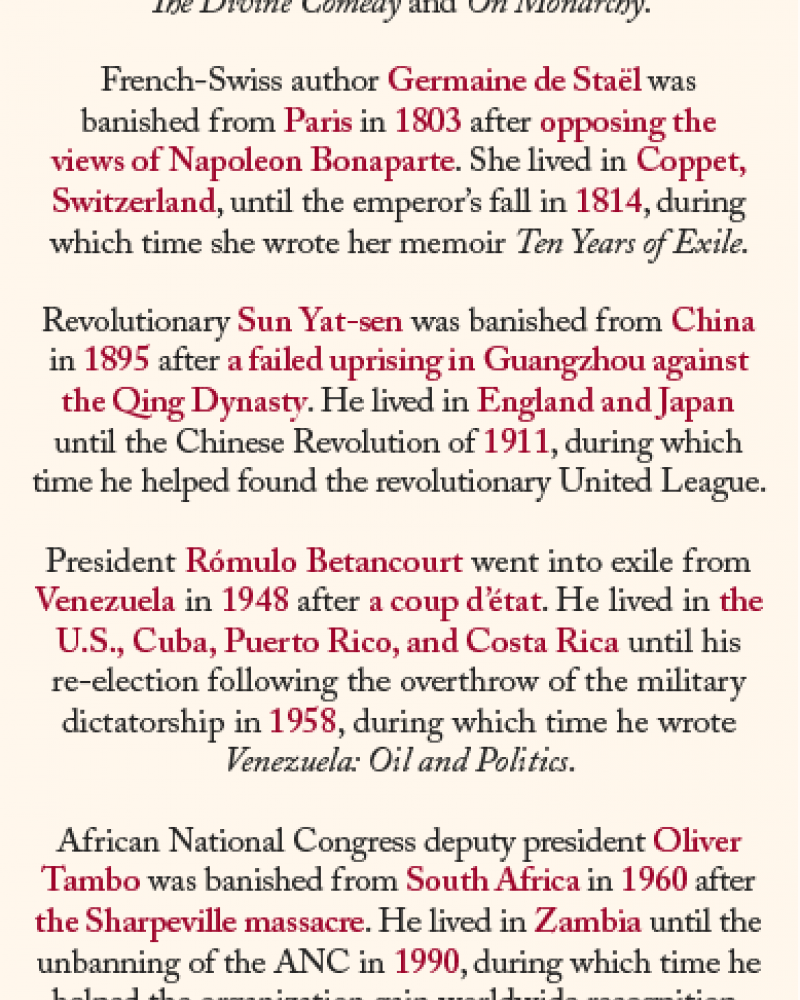Miscellany
Having surrendered at the Appomattox Court House earlier that year, Gen. Robert E. Lee in 1865 became the president of Washington College—now Washington & Lee University—where he suggested, “The study of the mother tongue in any country is an important element of polite education, and is moreover valuable for its practical utility and necessary relation to other branches of learning.” He established in 1869 a chair in English language and literature, the first of its kind in the United States.
Miscellany
Henry James said in 1915, “The war has used up words…they have, like millions of other things, been more overstrained and knocked about and voided of the happy semblance during the last six months than in all the long ages before, and we are now confronted with a depreciation of all our terms.” While writing A Farewell to Arms, Ernest Hemingway copied out part of this interview, wrote above it “on the debasement of words by war,” and gave his main character the line, “Abstract words such as glory, honor, courage, or hallow were obscene beside the concrete names of villages, the numbers of roads, the names of rivers, the numbers of regiments and the dates.”
Miscellany
While on his American lecture tour in 1882, Oscar Wilde drank elderberry wine with Walt Whitman; saw Niagara Falls, later noting, “Every American bride is taken there, and the sight of the stupendous waterfall must be one of the earliest, if not the keenest, disappointments in American married life”; read aloud passages from Benvenuto Cellini’s autobiography to miners in Colorado; and witnessed a lynching in Louisiana.
Miscellany
Having come to the U.S. through Portugal, French pilot Antoine de Saint-Exupéry wrote and illustrated part of The Little Prince—one of the best-selling works of fiction of all time—in a twenty-two room mansion on Long Island in 1942. “I wanted a hut,” he reflected, “and it’s the Palace of Versailles.”
Pages



